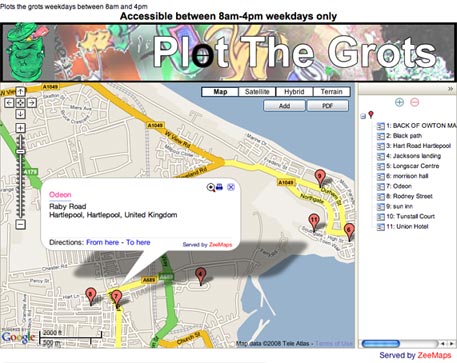Speaking at Ofcom‘s annual lecture this week, Ed Richards, the regulator’s chief executive, made some fairly non-committal comments about Ofcom’s role in regulating content on the internet.
Understating the matter he noted that there was ‘quite a bit of content’ on the web that was ‘very nasty’.
More usefully he volunteered that in previous incidents where harmful content has been found ‘a voluntary takedown policy’ has proved ‘ineffective’.
“What we need is a policy response that is based on the data and evidence of the prevalence of this kind of content and of the potential harm it causes,” Richards said.
He added that more conclusions on internet content regulation could be drawn when the government’s Byron Review of internet content is completed at the end of November.
While this may be more of an admission to involvment in internet regulation than Ofcom would have made a few years ago, there seems to be an uncertainty over what responsibility the organisation has in this area.
The Communications Act 2003 describes one of Ofcom’s special duties as:
Applying adequate protection for audiences against offensive or harmful material
These duties apply to ‘television, radio, telecommunications and wireless communications services’ – Ofcom’s domain. Yet no provision is made by the act or in the regulator’s principles for where these areas cross-over with the web.
Perhaps Ofcom should take its lead from the Press Complaints Commission (PCC), which has adapted its code to include regulation of audio and video content produced online by newspaper and magazine sites.
Yet, as this addition to the PCC’s code states:
Some websites cannot be categorized as “on-line versions” of newspapers and magazines. Some material – such as syndicated news broadcasts or radio programmes edited by third parties – may already be regulated on-line or off-line by another body …All such material will continue to fall outside the jurisdiction of the PCC.
While regulation offline may be possible in some cases, to prevent content from going unregulated Ofcom needs to more clearly (and quickly) define where exactly its responsibilities lie when it comes to video and audio content online.
